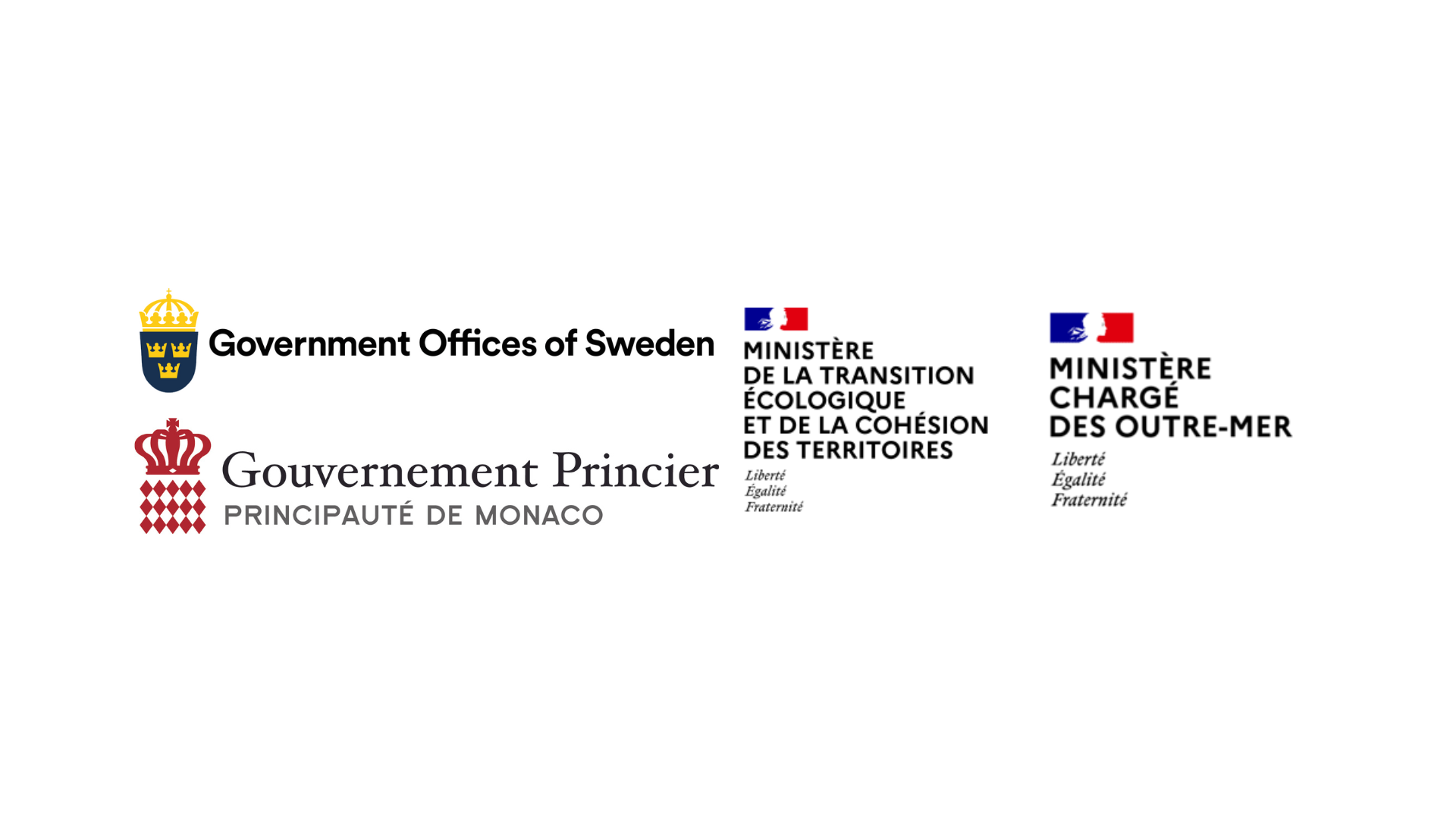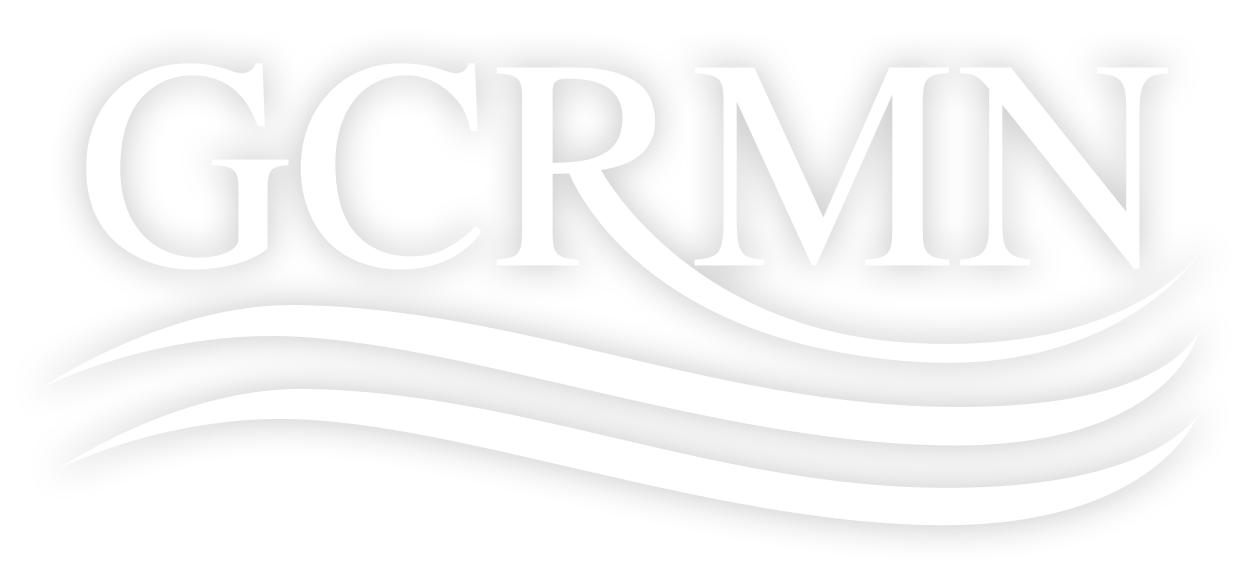From 16 – 18 November, the Global Coral Reef Monitoring Network (GCRMN) Pacific Regional Node convened in Auckland, New Zealand, for a productive workshop to drive the production of the “Status and Trends of Coral Reefs in the Pacific: 2024” regional report.
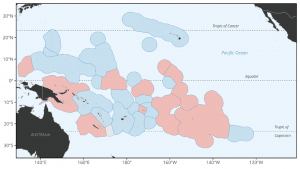
The GCRMN Pacific node coordinators are currently working on the production of a new “Status and Trends of Coral Reefs” report, five years after the release of the previous regional report (see “Status and Trends of Coral Reefs of the Pacific” published in 2018). This work was initiated in early 2023 through the integration of benthic cover monitoring data from the region, shared by the members of the network with the goal of understanding the changes in the status of coral reefs in the Pacific, as well as serving to support the production of the next GCRMN global report.
To discuss the preliminary results with the co-authors of this new report and to define the next steps to be taken, the Pacific node regional coordinators hosted the “GCRMN Pacific report workshop” in Auckland, New Zealand from 16thto 18th November 2023. This workshop brought together 19 participants from different countries and territories of the Pacific region, from New Caledonia to Kiribati. Other participants were invited to attend from outside the region due to their previous and current monitoring work throughout the Pacific, representing international coral reefs programs such as Reef Life Survey, 100 Island Challenge, and the Khaled bin Sultan Living Oceans Foundation. The International Coral Reef Initiative (ICRI), to which the GCRMN is an operational network of, was also in attendance.
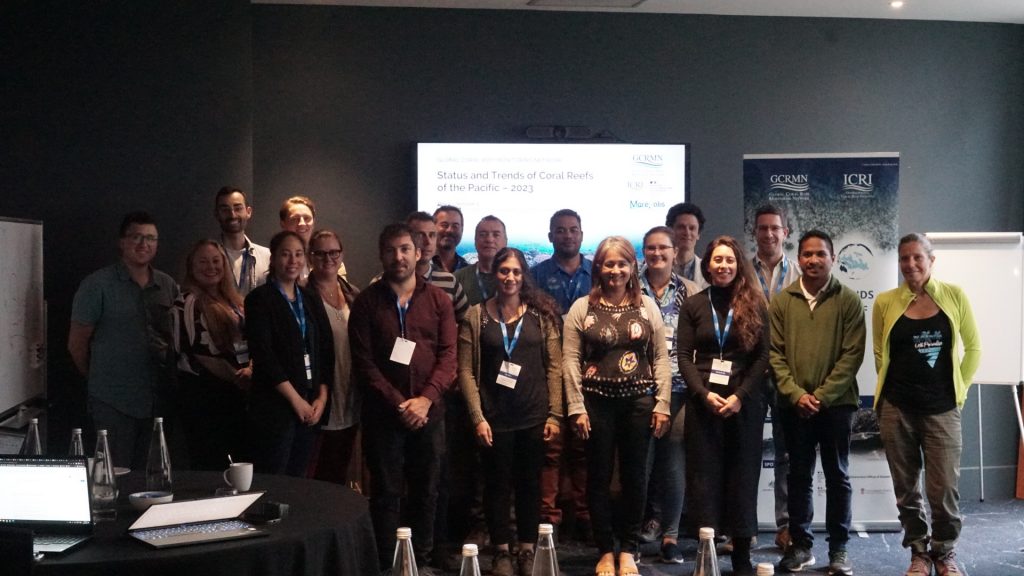
The objectives of the “GCRMN Pacific report workshop” were multiple:
First, this workshop enabled participants to showcase their monitoring programmes and discuss the indicators that are integrated within their programmes, the methods they utilise and the challenges they face. Because of this, the participants were able to strengthen their regional connectivity and the Pacific node further expand its network, providing opportunities for collaboration between participants as well exchange knowledge, and share lessons learnt. For example, some countries and territories in the Pacific have limited capacity monitoring their coral reefs and can benefit from the support of international coral reefs programmes.
Second, this workshop enabled the editors of the upcoming report to obtain feedback from the co-authors regarding the data integration approaches developed (see gcrmndb_benthos), the report’s structure, and to discuss preliminary results obtained. As a result of the early organization of this workshop, the report ensures that the methods used by the editors are agreed and strengthened due to the expertise of the co-authors, including local contextualisation around the data, identifying gaps in data sets and expanding the data contributors.
Third, the discussions helped to define the next steps to undertake for the reports finalisation. In particular, the participants agreed on a better co-authorship approach, inspired by the CRediT (Contributor Roles Taxonomy) system, highlight specific case studies to include, and define a roadmap for the next steps. These actions included the finalisation of the analyses by the editors, the sharing of regional templates with the co-authors for the writing of the country and territory chapters, and the review the sections on the entire Pacific region as well as materials and methods.
Finally, the workshop also provided an opportunity to discuss potential improvements for future GCRMN reports, both regional and global. For example, biases associated with a full data analysis of coral reef fish abundance and biomass were identified, and the coral reefs associated socio-economic indicators have been discussed.
The workshop also allowed for wider contextualisation of the efforts of the GCRMN Pacific regional node with the attendance of the ICRI Secretariat and Secretariat of the Pacific Regional Environment Programme (SPREP) highlighting the role of the GCRMN as a critical mechanism for coral reefs within the international agenda and for nations to implement, and contribute to, their national and international commitments.
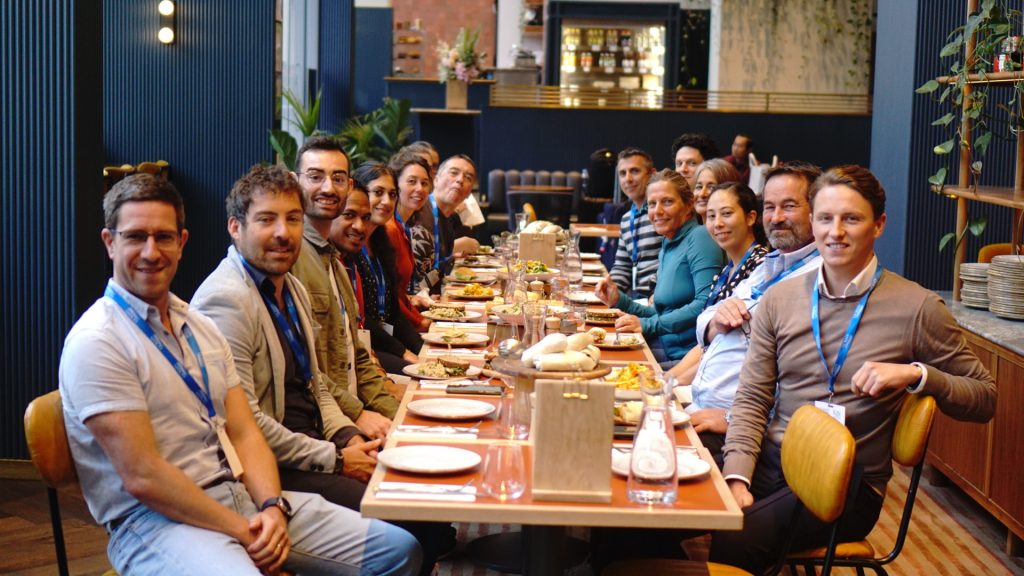
To capture the rich discussion nd importance of this workshop, within the context of the GCRMN and Pacific Region, a short summary video was produced which can be viewed below (the long version is available here):
This workshop was made possible thanks to the funding of the Government Offices of Sweden, the French Ministry of Ecological Transition, the French Ministry of the Overseas, and the Principality of Monaco.
